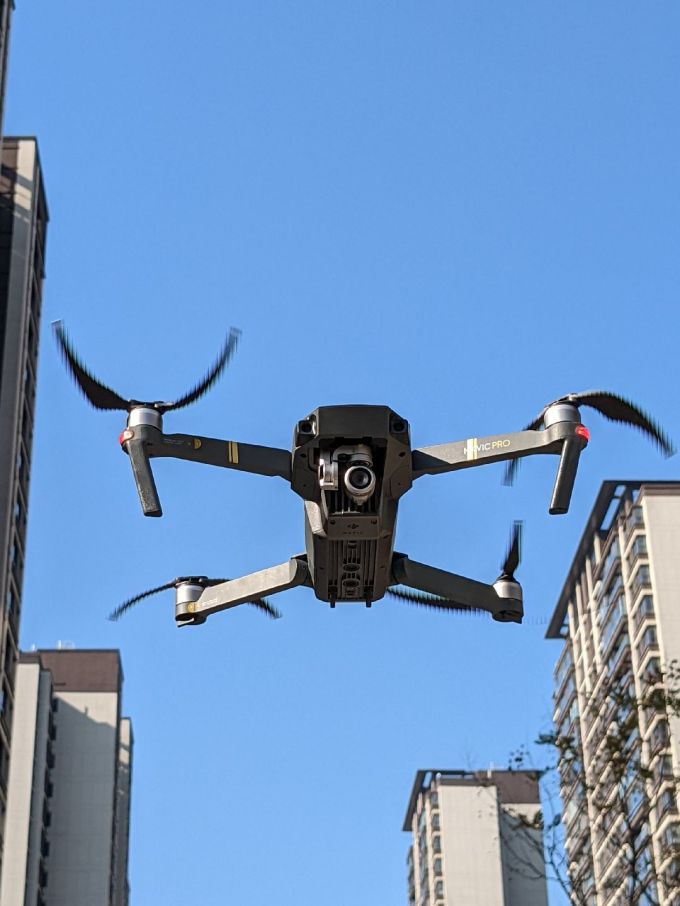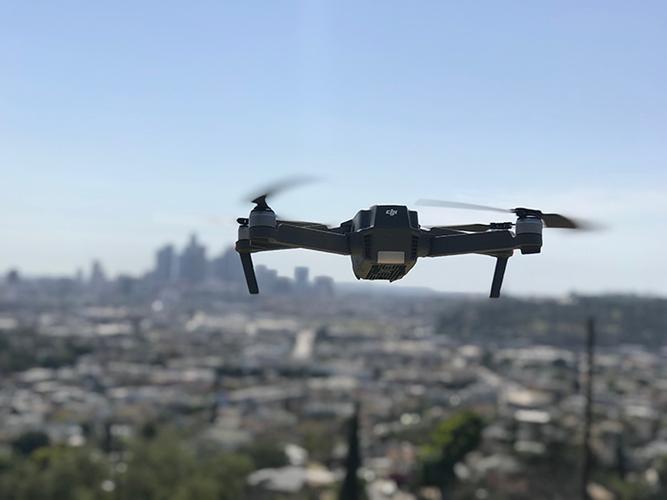The Transformation Brought by Autonomous Drones Across Various Sectors
In recent years, autonomous drones have emerged as a pivotal innovation, reshaping industries ranging from logistics to agriculture. These unmanned aerial vehicles, equipped with cutting-edge technology, offer diverse applications and solutions, enhancing operational efficiency and providing new avenues for growth.
Enhancements in Logistics and Delivery
One of the most significant impacts of autonomous drones can be seen in the logistics sector. Companies are leveraging these advanced devices for delivery services, reducing time and costs associated with traditional transportation methods. The ability of autonomous drones to carry packages swiftly over varied terrains makes them ideal for delivering essentials in remote areas, where traditional delivery vehicles might falter.
Innovations in Agriculture
Autonomous drones are also making waves in agriculture, providing farmers with tools to monitor crop health, assess soil conditions, and optimize yields. With sensors capable of collecting environmental data, drones assist in creating precise farming strategies. This technological advancement enables a shift towards sustainable practices by minimizing waste and maximizing productivity. The integration of drone technology is therefore propelling agriculture into a new era of digital farming.
Impact on Infrastructure and Construction
Autonomous drones have revolutionized the infrastructure domain, simplifying complex processes such as surveying lands and inspecting construction sites. By delivering real-time imagery and data analyses, drones support engineers in planning and executing projects with precision and efficiency. Their capabilities for accessing areas difficult to reach by traditional means translate into safer and more cost-effective operations.
The Role in Environmental Conservation
Drones are invaluable assets in environmental conservation efforts, offering unique vantage points for wildlife monitoring and land management. They facilitate rapid assessments and data collection crucial for maintaining biodiversity and managing resources. Autonomous drones contribute toward mitigating human footprint on delicate ecosystems by providing unobtrusive surveillance.
Challenges and Future Prospects
While the advantages are substantial, deploying autonomous drones is not without challenges. Concerns around regulatory frameworks, security, and privacy continually arise, demanding diligent governance. As technology evolves, addressing these challenges will be critical to fully realizing the potential of autonomous drone technology. With continuous innovation, the future may witness an expanded role for drones in everyday applications, from urban logistics to disaster relief.
FAQ

- How are autonomous drones operated?
 Autonomous drones are equipped with Artificial Intelligence and sensors allowing them to navigate and perform tasks independently based on pre-set instructions and real-time data.
Autonomous drones are equipped with Artificial Intelligence and sensors allowing them to navigate and perform tasks independently based on pre-set instructions and real-time data. - What industries benefit the most from autonomous drones? Industries such as agriculture, logistics, and construction benefit greatly due to improved efficiency and cost-effectiveness enabled by drone technology.
- Are there any legal regulations for using autonomous drones? Yes, regulatory bodies have established guidelines for drone operations to ensure safety, security, and privacy standards are met.
The possibilities are vast, and as industries adapt to harnessing the power of autonomous drones, we can expect significant advancements and transformations in a variety of sectors.